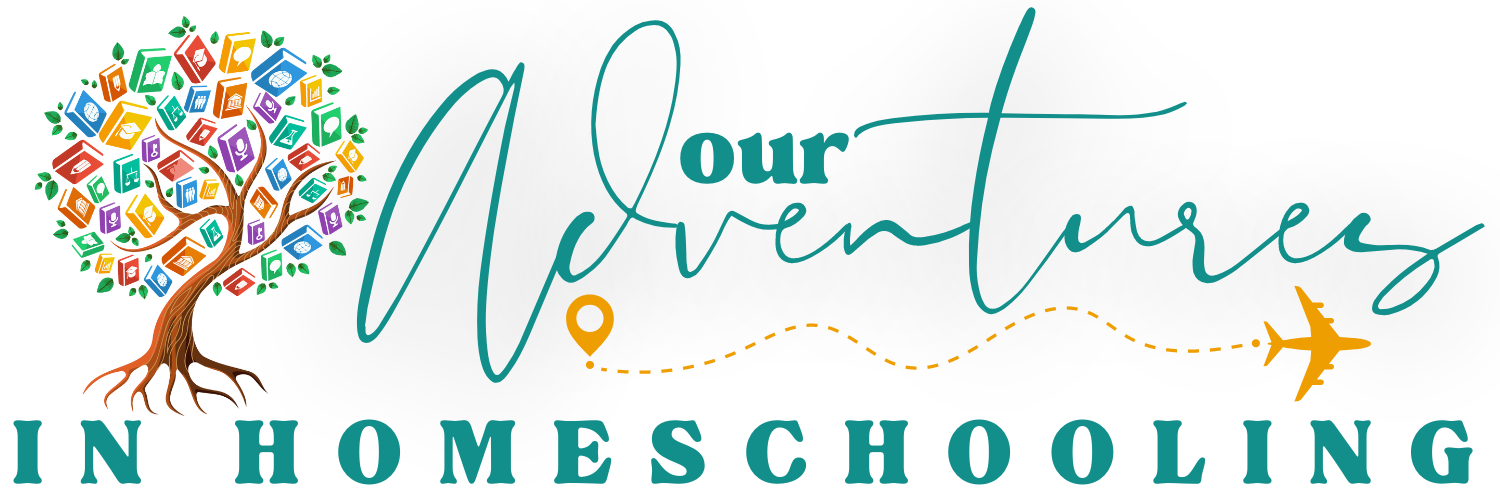Thinking about homeschooling, unschooling, road schooling, world schooling, or any other kind of alternative schooling? And, you’re wondering how does homeschooling work?
Read along as I cover the ins and outs of how homeschooling works.
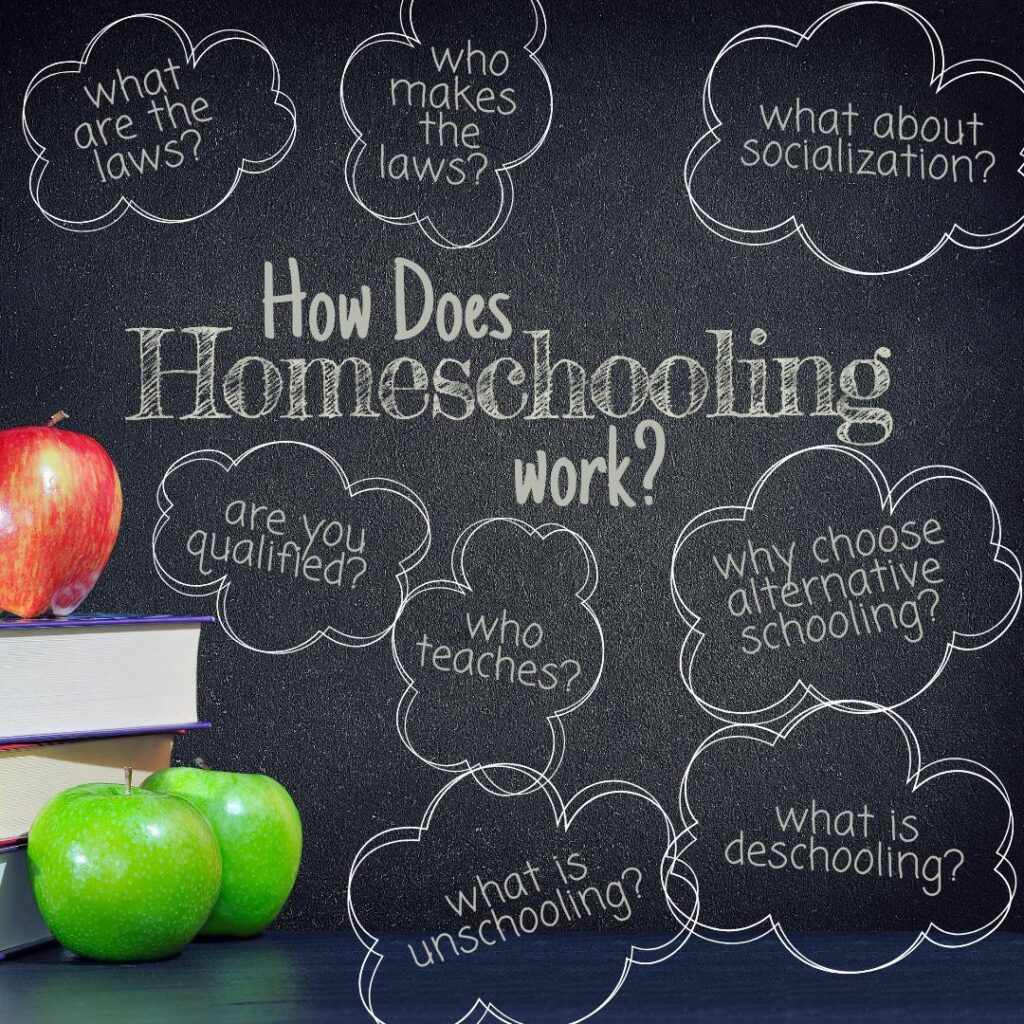



As more and more people turn to homeschooling it’s important to know…
how does homeschooling work?
what are the requirements to homeschool?
are all types of alternative schooling the same?
who decides how homeschooling works?
And so many more questions that I’m sure are running through your head right now.
It’s okay to fee a bit overwhelmed.
BREATHE….
Every homeschool parent has been exactly where you are right now.
And, I’m going to help walk you through how homeschooling works. But first, we need to answer a few other questions to lead you down how homeschooling works….because it honestly depends on the answers to these questions to get you on the right path.
Table of Contents
Who Decides How Homeschooling Works
First up is an easy one….the state decides how homeschooling works. All alternative schooling options are overseen at a state level, so you’ll need to check your state guidelines when it comes to homeschooling.
Each state has put into place certain criteria they want alternative schools to follow. Most states require that you register with them as a “private school”, some require you to send a letter of intent to the local school board, and some have no requirements at all. It’s important to check out Homeschool Laws & Regulations here for the rules regarding homeschooling in your state.
Once you’re registered with your state then you can decide what type of homeschooling or alternative schooling you want to do with your kids.
Choosing Alternative Schooling
The term “alternative schooling” is the umbrella term for any school options that are not traditional school….whether you choose unschooling, deschooling, nature schooling, homeschooling, etc.
It doesn’t matter what “type” of alternative schooling you choose when it comes to registering with your state. They don’t care what kind of schooling you do, all they care about is that you’re checking off their boxes of what they expect from homeschoolers.
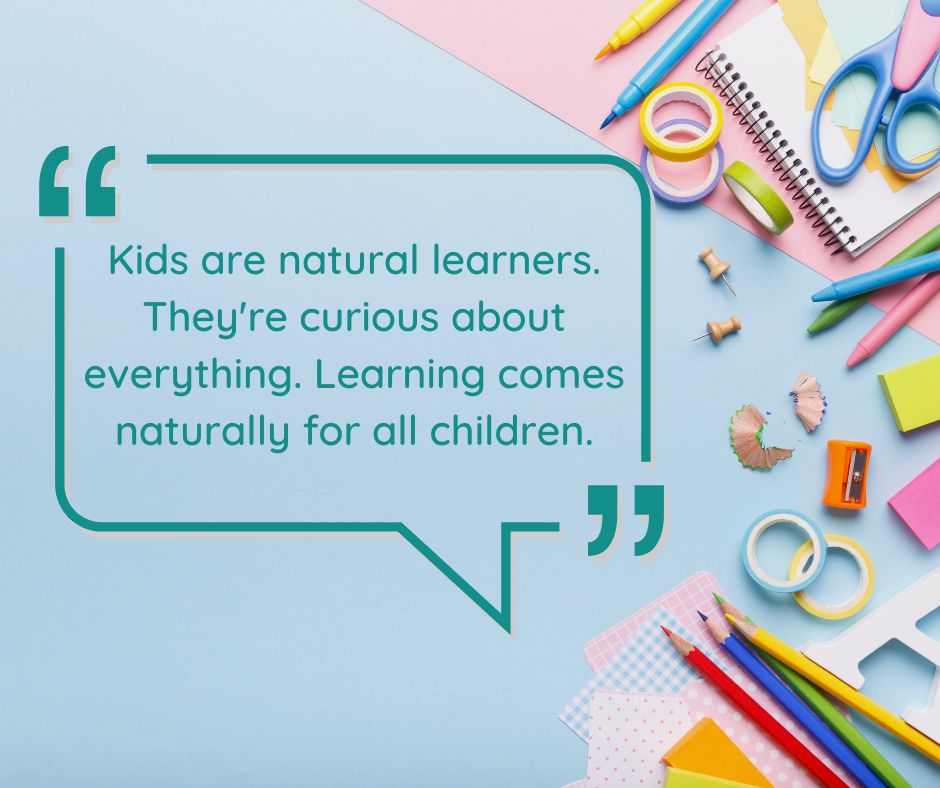



As long as you follow the base guidelines set forth by your state, you get to decide how homeschooling works in your home. This can be liberating, exciting, and scary….but it’ll be okay. The fact that you’re here, reading this article, and wanting to learn more means that you’ll do what’s best for your kids.
Kids are natural learners. They’re curious about everything. Learning comes naturally for all children.
With these concepts in mind, it’s time to choose HOW you want to homeschool your children.
How Do You Want to Homeschool?
Do you want them to take the lead and explore their own interests without a set curriculum? Unschooling may be right for them.
Does your family love being out in nature and learn best by discovering our natural world? Then nature schooling may be right for you.
Are you a parent that believes learning happens best by seeing the world and experiencing new things? Then road schooling or world schooling may be the perfect fit for you.
Does your family enjoy reading and learning through literature? Then Charlotte Mason homeschooling may be the right fit.
Feel like all of these ideals fit for you? Eclectic schooling may be exactly what you’re looking for. (I’m definitely an eclectic homeschooler…so you’re in the right place if you like to sample it all!)
Does this list of alternative options overwhelm you and you want a checklist of what to learn and when? Then classical homeschooling might be what you need.
There’s no right or wrong way of homeschooling your kids….except for educational neglect (which is not as common as people think) and the fact that you’re here, learning more about educating your kids, I highly doubt you’re going to fall into the educational neglect category.
So relax, take a breathe, and know that YOU are doing what’s best for your kids and you’ll get it all figured out.
Getting Started Homeschooling
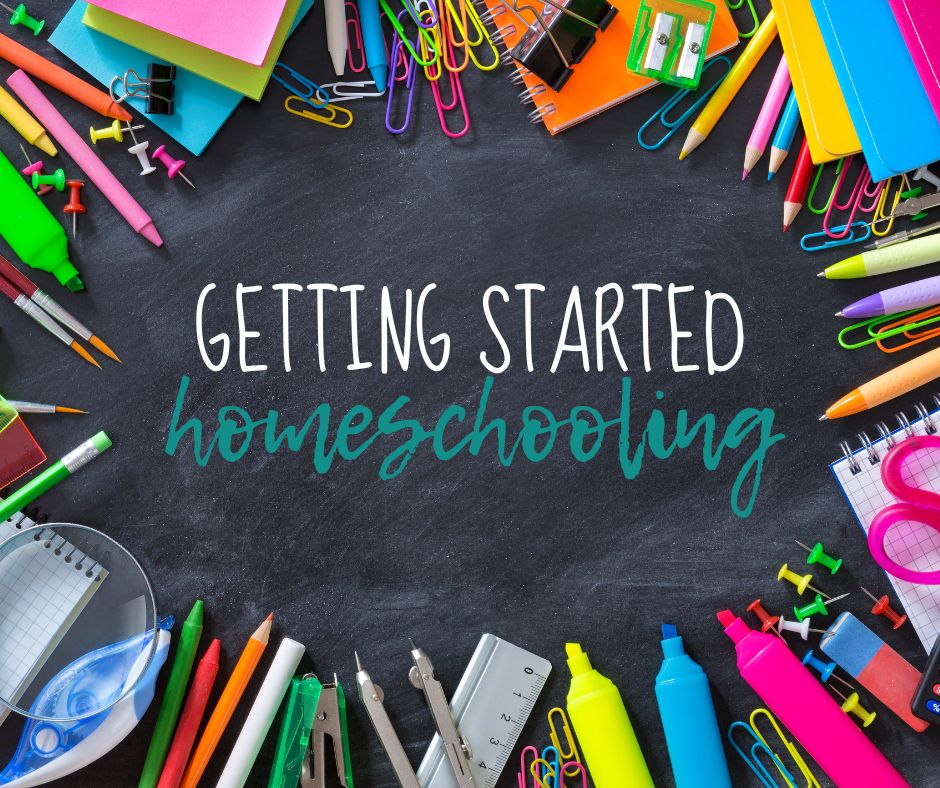



When many parents begin the journey of homeschooling, they quickly become overwhelmed at all the information they find and start to think they’ve taken off more than they can handle.
But, it’s because you’ve been conditioned over the years to believe public school is the standard. We’ve been taught that a traditional school setting is the best way for children to learn….but, that’s simply not true…just look at the public school system and you’ll see that it’s failing.
Remember, kids are natural learners. They’re curious about everything. Learning comes naturally for all children.
Once you’ve checked your state laws regarding homeschooling and you’ve done your part in notifying the correct parties. Don’t do anything!
That’s right, I said “Don’t do anything!”
It sounds absurd, and I thought people were NUTS when they told me to “deschool” before starting homeschool.
But it’s true…trust me.
It sounds counterintuitive. It sounds lazy. It sounds scary…especially if judgmental friends and family find out you’re “deschooling”.
But, it works.
What is deschooling?
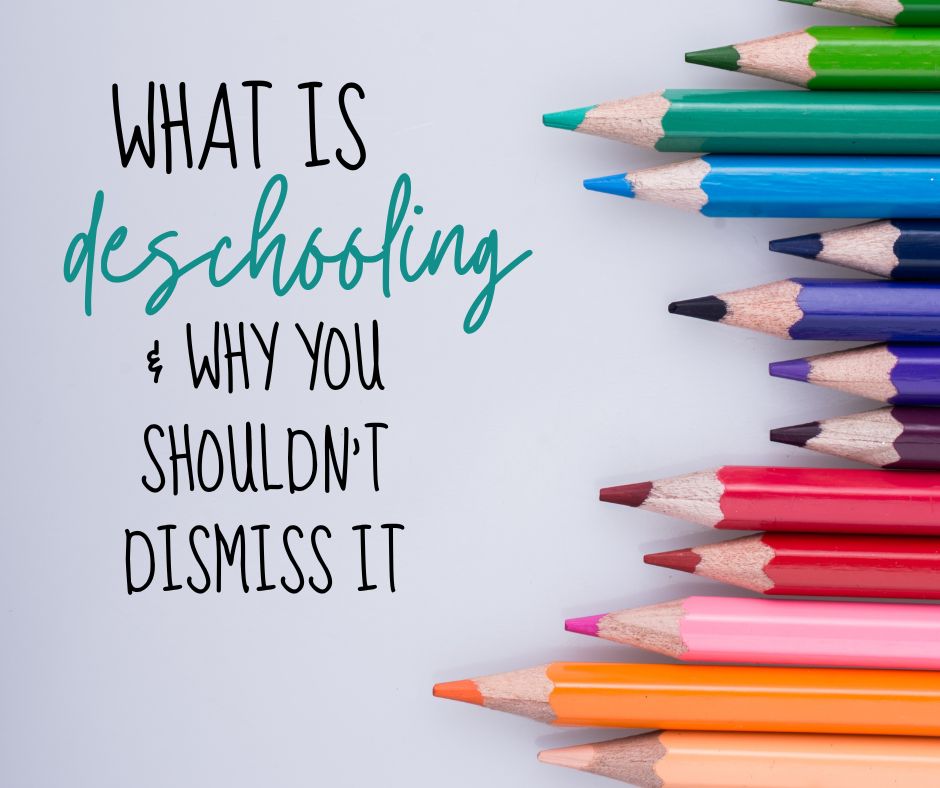



Deschooling is a scary sounding term. It sounds like the absence of learning. But, it’s not so much the absence of learning as it is the absence of the standardized school system.
Remember, kids are natural learners. They’re curious about everything. Learning comes naturally for all children.
Deschooling is about getting rid of your preconceived notions about what it means to learn. It’s about taking time to discover HOW your child learns best.
Deschooling is about taking time to discover WHAT motivates your child. It’s about taking time to discover WHY traditional school has failed you.
As scary as it sounds, deschooling is vital for new homeschoolers.
Instead of looking at deschooling as doing nothing….look at it as a time to ignite a LOVE of learning back into your child.
Go to museums, go to parks, explore the world around you. Read about The Importance of Field Trips and plan to get out and go for a bit!
Ask your kids “What do you WANT to do today?” and do that. It’s okay if they want to play video games and board games all day…there’s a TON of hidden learning happening. Check out my blog post Gameschooling: A Comprehensive Guide and learn all of the benefits surrounding playing games.
Do they want to go to the playground or park? There’s a substantial amount of learning that happens through play…check out Benefits of Play Based Learning.
They will eventually have questions about things they see/experience….and that’s when you know, it’s time to start transitioning from deschooling to homeschooling.
Start Slow When Transitioning to Homeschooling
Once you’ve done a few weeks/months of deschooling, it’s important to start slow when you transition into homeschooling.
Many parents make the mistake of jumping in full blast with math, reading, language arts, social studies, science, history, art, geography, blah blah blah and they quickly become overwhelmed and the arguments begin.
Remember, kids are natural learners. They’re curious about everything. Learning comes naturally for all children.
Notice, how I keep repeating that phrase throughout this blog post?
It’s because there’s so much truth in there that the traditional school system has killed.
Let’s take a moment to think about the difference between kindergarteners and middle schoolers when it’s time for school.
Most kindergarteners are excited about school (separation anxiety is another subject) but, for the most part, when a kindergartener is getting ready for school they’re excited about the day ahead. They’re ready to explore all kindergarten has to offer. They love their teachers. They LOVE learning all the new things at school.
Now, think about a middle schooler you know.
Most middle schoolers are not excited about school. If given the option they would rather not go to school.
They are not excited about the day ahead.
A lot of parents think this just the teenage angst part of the teenage years….but is it? Or, is it that the traditional school model has killed their love of learning?
By the time students reach 4th, 5th, 6th grade…. school is no longer about exploring and learning exciting new things. In these grades, traditional school is all about testing, standardization, and following the rules.
That’s why deschooling is so important….especially in the older grades….it gives your child a chance to find their love of learning again.
And, that’s why it’s important to start slow.
How to Start Homeschooling
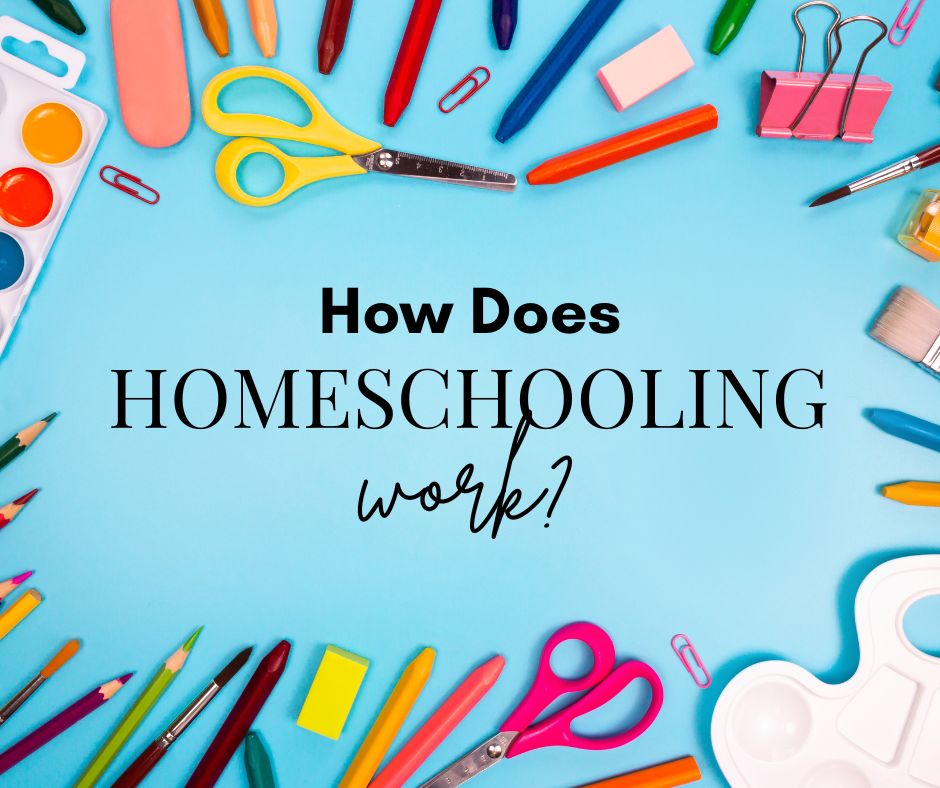



Instead of throwing the whole kit and caboodle at kids once you start homeschooling, it’s important to start small. Once you’ve reignited that flame of loving to learn, you want to slowly add the kindle so you don’t smother it out.
Start by adding in their favorite subjects. For my kids, we started with art and PE….what kid doesn’t LOVE art and pe….right?!
Then after a couple of weeks of art and pe, we added in history with our living history books and historical fiction books.
History is all about storytelling and an easy add-in with books.
Remember, you don’t need anything formal unless your state requires a formal, classical, traditional curriculum. If your state doesn’t require it…then YOU decide how homeschooling works for you!
After a few more weeks I added in grammar and spelling.
Then math.
Then science and social studies.
Within 2 months of deschooling we were back up to a full curriculum….but it wasn’t overwhelming for my kids.
We don’t spend all day working on schoolwork….depending on the age of your kids, the typical homeschool days lasts 2-4 hours. Check out my Homeschooling Kindergarten Schedule…it works for higher grades as well, but it gives you a starting point.
Remember, kids are natural learners. They’re curious about everything. Learning comes naturally for all children.
Just because our “schoolwork” only lasts for 2-4 hours….doesn’t mean the learning ends there.
Now that the love of learning has been reignited in your kids….they will find things throughout the day to continue their learning journey.
You’ll soon come to see, that homeschooling is not just an alternative schooling method but it’s a way of life. You’ll start to see the learning opportunities around every corner.
You’ll start having amazing conversations with your kids about things they learning months ago.
Trust yourself and know….homeschooling doesn’t need to be traditional school at home. Other than a few state requirements, YOU decide how homeschool works for your family!
